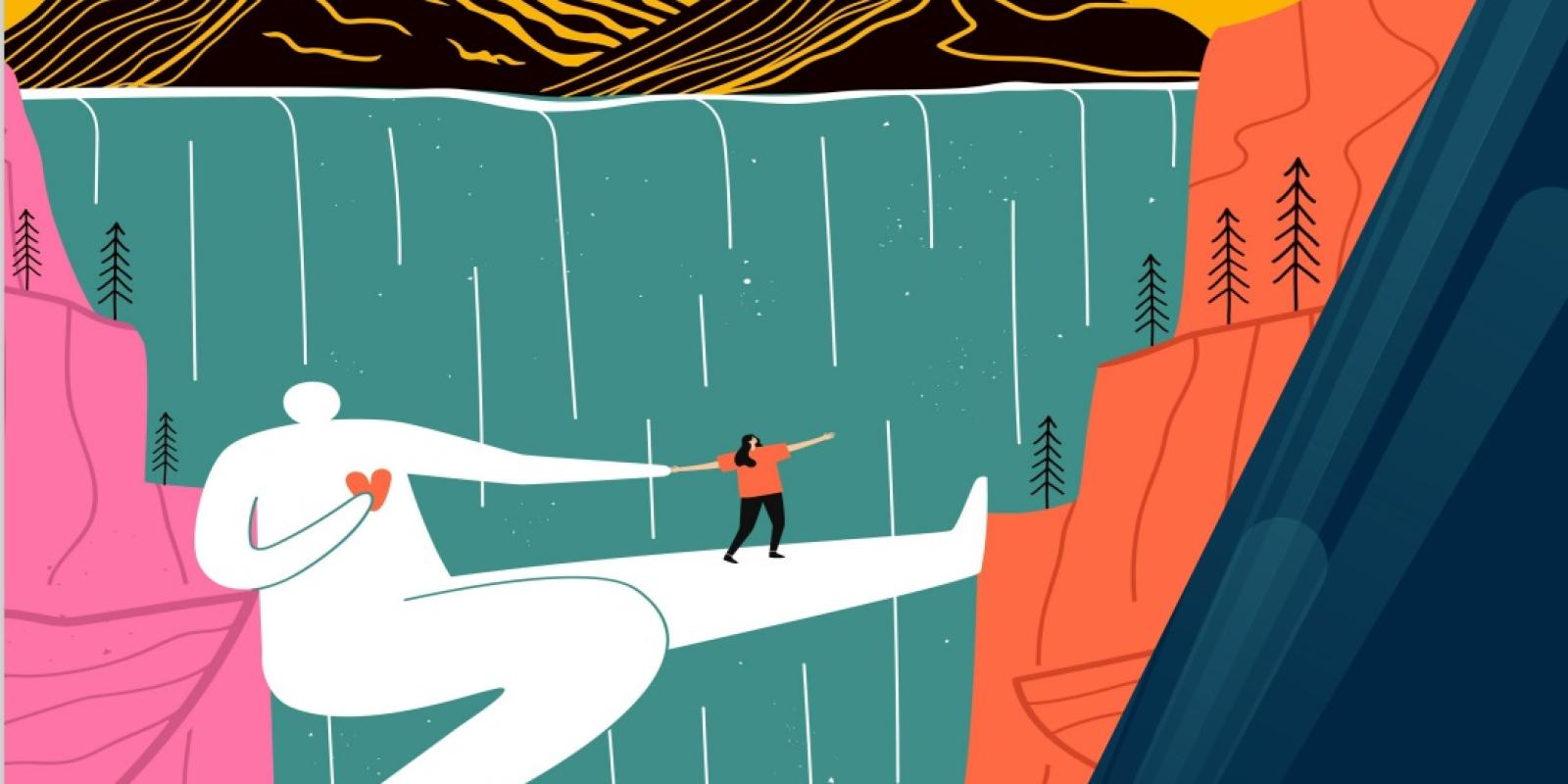Hansen, who recently obtained his doctorate at NAFKAM, says that studies about what is important for cancer patients have been lacking. When he joined the PATH project , he was interested in learning more about the perspective of persons undergoing cancer treatment or, had been so in the past.
The background for Hansen’s PhD project was a study on colon cancer for over a year, featuring ten patients. The participants went through interviews, and data were analyzed through qualitative content analysis.
As cancer patients - according to research - often consider complementary and alternative medicine (CAM), the researchers behind the PATH-project chose this patient group.
-For the researchers, it was important to learn more about the patient's course of disease. Cancer is not only a tumor, but something much more invading in a patient's life, states Hansen.
Everyday rituals gain enhanced significance
The participants in the study had different courses of disease and treatment, but something remained the same:
The research showed that close relationships were important to most of the participants, combined with their culture and actions connected to good health. Going for walks in the wilderness, picking berries and the like is often connected with good health, says Hansen -Many participants became aware of the “little things in life”; the everyday actions and impressions we often take for granted.
Further, Hansen explains that it became clear to him that cancer is dynamic, and that the participants' goals, needs, and values changed over time.
- Delayed injuries are common in cancer patients and treatment, and many fear for recurrence of disease.
- Can improve cancer care
Says Hansen: - I hope that the knowledge from this study can be implemented to understand and develop a more person-centered cancer care.
- The experiences from patients can be of interest for our legislators, cancer patient associations, educational institutions or those generally interested in the course of disease from a patient perspective, he says, and adds on:
- For the development of our health service, it is decisive to have an understanding of and collaboration with the patients.
Read Frank Hansen's thesis here: Munin: On the road to improvement (uit.no)
Read more: Complementary treatment for cancer and reasons for use
